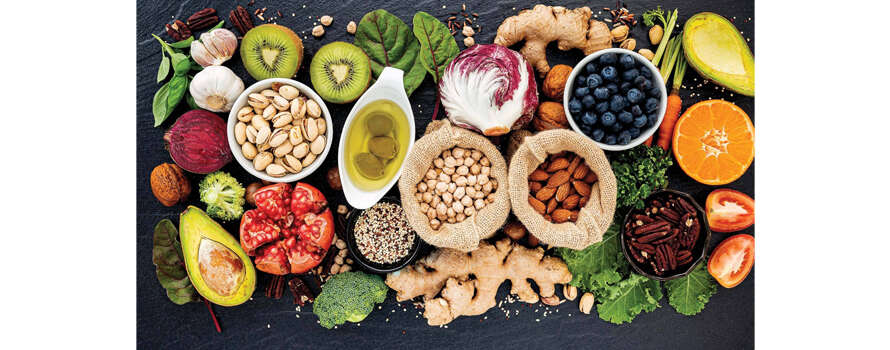Ayurveda, an ancient holistic healing system originating in India, emphasizes the importance of maintaining balance in one’s body, mind, and spirit for overall well-being. At the core of Ayurvedic philosophy is the concept of Doshas, which are fundamental energies believed to govern physiological and psychological functions. These Doshas—Vata, Pitta, and Kapha—exist in varying proportions in every individual, and their balance is crucial for optimal health. Yash Birla believes in the power of Ayurveda and says that Ayurvedic The role of Ayurvedic nutrition is pivotal in balancing Doshas, promoting harmony and vitality. In this essay, we will explore the role of Ayurvedic nutrition in balancing Doshas.
Understanding Doshas:
Vata Dosha: Associated with air and space, Vata governs movement, creativity, and flexibility. An imbalance in Vata can manifest as anxiety, insomnia, or digestive issues.
Pitta Dosha: Linked to fire and water elements, Pitta regulates digestion, metabolism, and intellect. Pitta imbalance may lead to inflammation, acidity, or irritability.
Kapha Dosha: Grounded in earth and water, Kapha governs structure, stability, and emotional calmness. Excess Kapha can result in lethargy, weight gain, or respiratory problems.
Balancing Doshas with Ayurvedic Nutrition
Individualized Diets: Ayurveda recognizes that each person has a unique constitution, known as Prakriti, which determines their dominant Dosha or Dosha combination. Ayurvedic nutrition tailors dietary recommendations based on one’s Prakriti to restore Doshic balance. For instance, Vata-pacifying foods, such as warm soups and cooked grains, help calm Vata imbalances, while Pitta-pacifying foods like cooling cucumbers and sweet fruits alleviate excess Pitta.
Six Tastes Principle: Ayurveda categorizes foods into six tastes—sweet, sour, salty, bitter, pungent, and astringent. Each taste has specific effects on the Doshas. A balanced meal comprising all six tastes ensures harmony among the Doshas. For example, a meal with sweet potatoes (sweet), lemon juice (sour), and spinach (bitter) caters to multiple Doshas.
Seasonal Eating: Ayurveda emphasizes eating according to the seasons to maintain Doshic equilibrium. As seasons change, so do the predominant Doshas. For instance, during the hot summer months when Pitta is dominant, consuming cooling foods like watermelon and cucumber helps pacify Pitta and prevent imbalances.
Digestive Fire (Agni): Strong digestion is crucial in Ayurveda for proper assimilation of nutrients and prevention of toxic buildup, which can disrupt Doshic balance. Ayurvedic nutrition emphasizes foods that enhance Agni, such as ginger, cumin, and fennel. Additionally, eating mindfully and avoiding overeating supports healthy digestion.
Herbal Support: Ayurveda utilizes various herbs and spices to balance Doshas and enhance overall well-being. For example, Ashwagandha is used to reduce Vata imbalances, while Amla is beneficial for Pitta conditions. These herbs can be incorporated into teas, tonics, or culinary preparations to complement Ayurvedic diets.
Lifestyle Recommendations: Ayurvedic nutrition extends beyond food choices to encompass lifestyle practices that promote Doshic balance. This includes mindful eating habits, regular mealtimes, adequate hydration, and engaging in suitable physical activities aligned with one’s constitution.
Ayurvedic nutrition serves as a powerful tool in restoring and maintaining Doshic balance, thereby supporting holistic health and vitality, believes Yash Birla. By embracing individualized diets, incorporating the six tastes principle, aligning with seasonal eating patterns, nurturing digestive fire, and integrating herbal support and lifestyle recommendations, individuals can harmonize their Doshas and cultivate a state of equilibrium in body, mind, and spirit according to the principles of Ayurveda. Through mindful and intentional dietary choices, one can embark on a journey towards optimal well-being, embracing the timeless wisdom of Ayurvedic nutrition.



